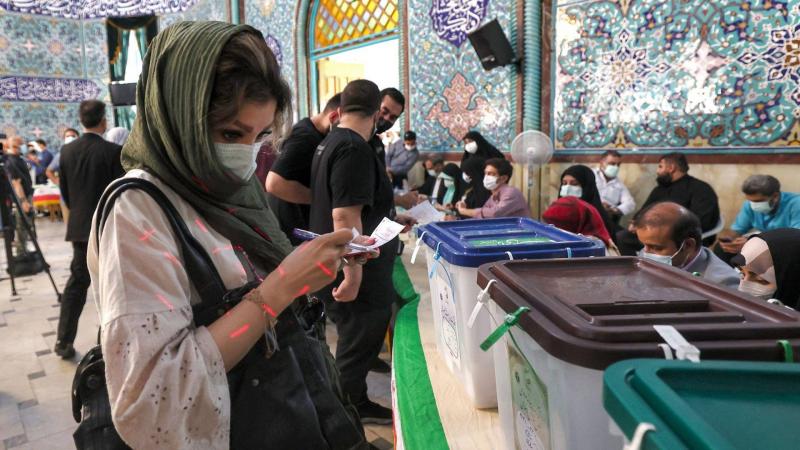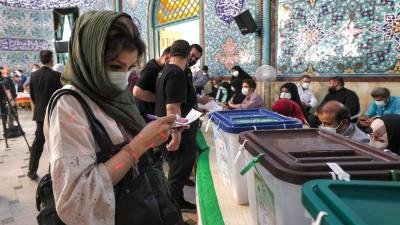Iranian state media cited unofficial reports today, Saturday, indicating that the participation rate in the parliamentary elections, seen as a test of the legitimacy of the religious institution, recorded a historic low of about 41%. Despite the intense calls from Iranian officials in recent days to encourage voters to cast their ballots in the parliamentary elections held yesterday, Friday, the outcome appears to have been unsatisfactory.
The citizens' opinions did not align with the political authorities' expectations, as the voter turnout and participation rate reached a record low, according to preliminary estimates. Several officials, shortly after polling stations closed last night, pointed out that the nationwide participation rate was strikingly low at 40.6%, marking the lowest turnout since the Islamic Revolution of 1979, according to Reuters.
Despite the extension, after 10 hours of voting, the participation rate stood at only 27%, while in Tehran it reached 12% after eight hours, before the voting period was extended for another two hours, apparently to encourage people. The total number of participants was 24,861,542 after the extension of polling station hours.
This came after official expectations suggested a participation rate of around 42.5%, the lowest recorded in the last parliamentary election in 2020.
The apathy is attributed by many observers and opinion polls to the absence of prominent moderates and reformists from the race, in addition to the economic crises that have plagued the country for years, along with rising prices and inflation rates. Many analysts believe that a large number of Iranians have lost faith in the current rulers' ability to resolve the economic crisis caused by a mix of American sanctions, mismanagement, and corruption.
It is noted that these elections are expected to further strengthen the grip of conservatives on power, with initial results expected to be announced tomorrow, Sunday, confirming their wide dominance in the council, where they currently hold more than 230 out of 290 seats. The results are also anticipated to reaffirm the decline of the reformist and moderate camp since the 2020 elections, which have been marginalized by conservatives and hardliners in the Guardian Council, which also has the authority to choose the new Supreme Leader and oversee their work and potential dismissal.




